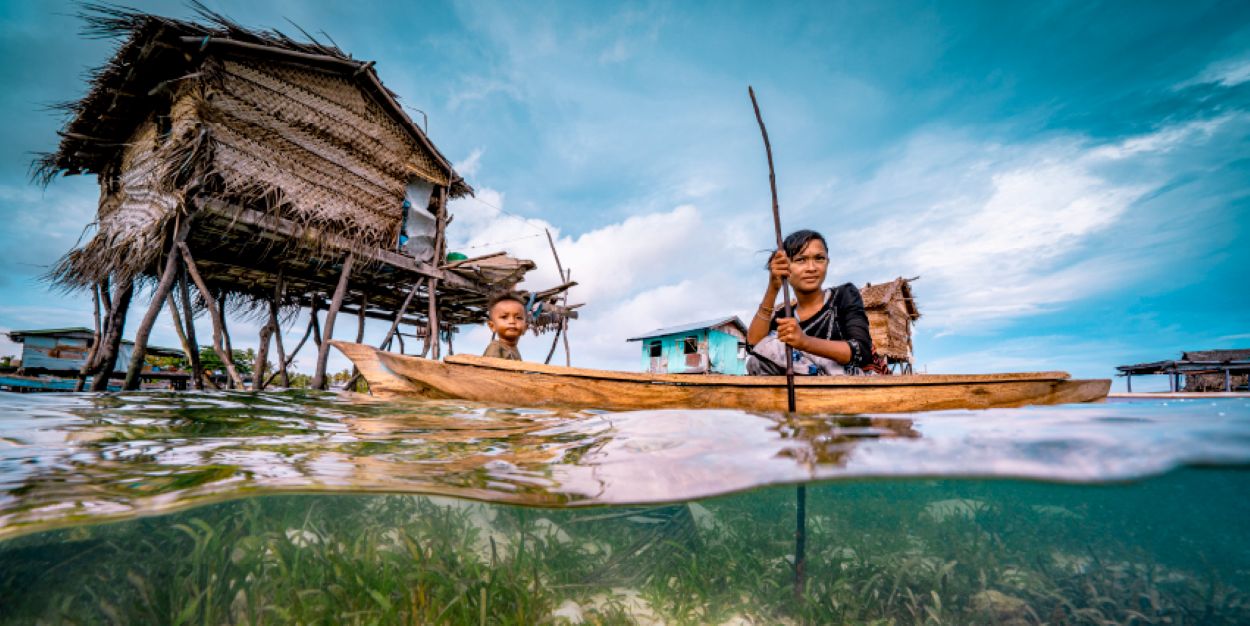The Bajau Laut, an indigenous seafaring community in Southeast Asia, has traditionally relied on the ocean for their livelihood. However, environmental pressures force them to abandon their oceanic lifestyle and adapt to life on land.
Bilkuin Jimi Salih, a 20-year-old from the community, recalls growing up on a houseboat off the coast of Semporna in Malaysian Borneo. From a young age, he mastered diving—a skill essential for gathering sea cucumbers, abalone, and spider conches. “We could easily get a bucket of these before, but now there’s hardly any,” he told CNN, highlighting the impact of overfishing and environmental degradation.
Many Bajau Laut families are moving from traditional houseboats to stilt houses as maintaining their traditional homes becomes unaffordable. This transition has made them less adaptable to the changing marine environment, exacerbated by climate change, rising sea temperatures, ocean acidification, and coral bleaching.
The marine region, previously rich in biodiversity, is increasingly affected by illegal fishing practices like blast fishing and cyanide fishing, which deplete fish stocks and damage coral reefs. “Fish bombing is cheap and easy,” explained Adzmin Fatta of Reef Check Malaysia, noting the economic desperation driving these harmful practices.
Additionally, plastic pollution exacerbates the environmental crisis, with water bottles and snack packets frequently found in the waters. According to Robin Philippo, director of the Tropical Research and Conservation Centre, tourism contributes significantly to this issue, overwhelming the local waste management capacity.
Despite their deep connection to the marine environment, many in the Bajau Laut community remain stateless and excluded from conservation efforts and basic services due to their undocumented status. This marginalization limits their participation in environmental preservation, which is crucial for their survival and heritage.
Adzmin Fatta emphasizes the need for more inclusive conservation strategies that recognize the Bajau Laut’s traditional knowledge and grant them a role in safeguarding the marine ecosystems they depend on. Without addressing the inequalities they face, effective conservation remains a distant goal.






